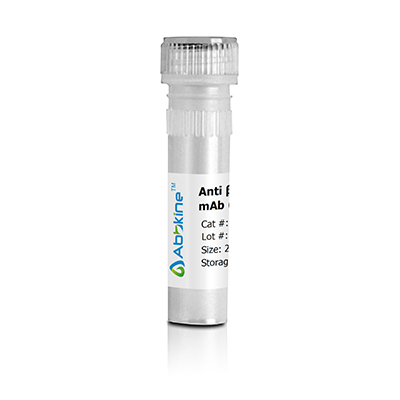CREBBP is ubiquitously expressed and is involved in the transcriptional coactivation of many different transcription factors. First isolated as a nuclear protein that binds to cAMP-response element binding protein (CREB), CREBBP is now known to play critical roles in embryonic development, growth control, and homeostasis by coupling chromatin remodeling to transcription factor recognition. CREB binding protein has intrinsic histone acetyltransferase activity and also acts as a scaffold to stabilize additional protein interactions with the transcription complex. CREB binding protein acetylates both histone and non-histone proteins. CREB binding protein shares regions of very high sequence similarity with protein p300 in its bromodomain, cysteine-histidine-rich regions, and histone acetyltransferase domain. Mutations in CREBBP cause Rubinstein-Taybi syndrome (RTS). Chromosomal translocations involving CREBBP have been associated with acute myeloid leukemia. Alternative splicing results in multiple transcript variants encoding different isoforms.
CBP Polyclonal Antibody detects endogenous levels of CBP protein.
Optimal working dilutions should be determined experimentally by the investigator. Suggested starting dilutions are as follows: WB: 1:500-1:2000, IHC-p: 1:100-1:300, IF: 1:200-1:1000, ELISA: 1:10000. Not yet tested in other applications.
CBP Polyclonal Antibody product listed herein is for research use only and is not intended for use in human or clinical diagnosis. Suggested applications of our products are not recommendations to use our products in violation of any patent or as a license. We cannot be responsible for patent infringements or other violations that may occur with the use of this product.
Find more details at http://www.abbkine.com/product/cbp-polyclonal-antibody-abp50881.
bio-equip.cn




